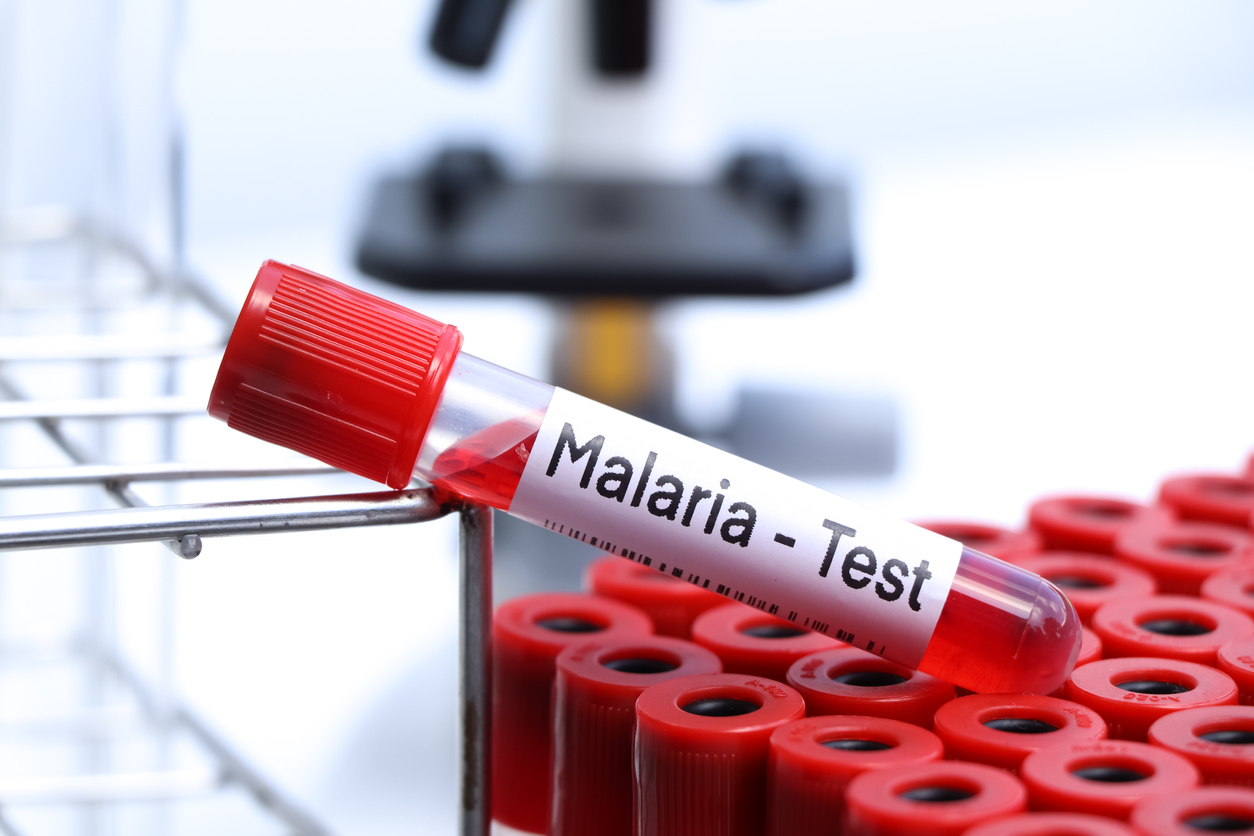2024-02-06
The mechanisms behind neuromalaria
Infectiology
Neuromalaria is the most lethal complication of Plasmodium falciparum malaria, with associated infant mortality ranging from 15 to 25%. In this study, researchers performed an unbiased proteomic evaluation of Plasmodium falciparum-infected erythrocytes and plasma samples from 24 children in Benin. Significant down-regulation of ubiquitin-proteasome pathway proteins and up-regulation of transferrin receptor protein 1 were found in infected erythrocytes from patients with neuromalaria. The host plasma proteome could serve as a specific signature for the development of neuromalaria, enabling the development of new diagnostic and prognostic markers.

Last press reviews
Vaccine vs. SMC: rivals or partners?

#MalariaVaccine #R21MatrixM #Malaria #Vaccination #SMC #InsecticideTreat...
A race against time for a vaccine?

#PfSPZ #Vaccination #Malaria #Immunogenicity <br><br><br>...
Birch allergy: could one shot change everything?

#AllergicRhinoconjunctivitis #IgG4 #Allergoid #BirchPollen #Immunotherap...